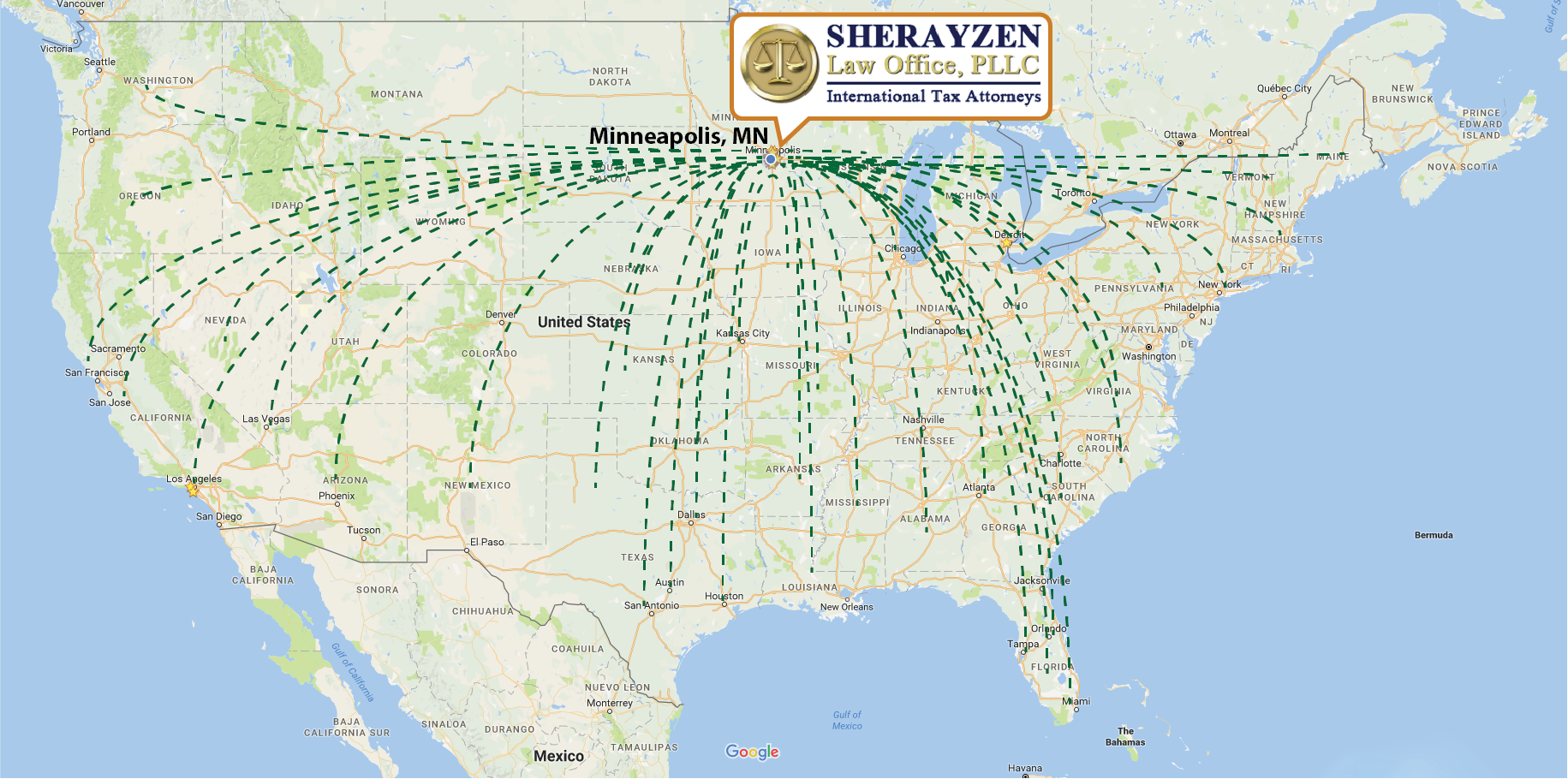FBAR Voluntary Disclosure for Chinese Structured Products | International Tax Lawyer Portland Oregon
Hello and welcome to Sherayzen Law Office video blog. My name is Eugene Sherayzen and I’m an international tax attorney and owner of Sherayzen Law Office, Ltd.
Today, I’m continuing a series of blogs from Portland, Oregon. What I would like to talk about today is a very interesting recent case that I had with respect to a Chinese American who’s lived in the United States for many years – over twenty years and became a US citizen and she had accounts at ICBC, the Industrial and Commercial Bank of China in China. In other words, she’s had those accounts for a long time and she didn’t know about her reporting requirements. No one told her about the fact that she needed to disclose her foreign bank accounts in the United States and she never reported them. Then by accident, she found out about the FBAR requirement and she came to me for help.
The interesting thing about ICBC (and this client in particular) is that she didn’t just have regular bank accounts. What she had were structured products. ICBC issued a number of structured products which are not that easy to track. One of the problems with Chinese banks is that often times, they can give you the current information but if you try to dig into the past information, it’s not that easy to do. On top of that, it’s not easy to track each of these structured products. If a person, say has $300,000 invested in these structured products, she may have anywhere between 15 to 30 structured products at the same time and that is problematic, because keeping track of 30 products is not that easy, especially over a six year period. On top of that, one of the issues that we had is the fact that these structured products – they operate sort of like fixed deposit accounts, except that you can deposit and withdraw money, pretty much at any period of time. Every time you withdraw the money, you actually withdraw the interest as well; so, there’s no penalty for it charged by the bank. There’s no tax levied on it by the Chinese government, at least there was no tax at that point.
We had quite a bit of work to do trying to keep track of everything over a six-year period of time, keeping all the interest and calculations in line, putting everything together for the Streamlined Domestic Offshore Procedures disclosure. In the end, we succeeded and the disclosure went through just fine but it’s something to keep in mind that a lot of people don’t realize that these structured products can be troublesome. They’re very troublesome in Switzerland but they’re also troublesome in China.
Thank you for watching, until the next time.



